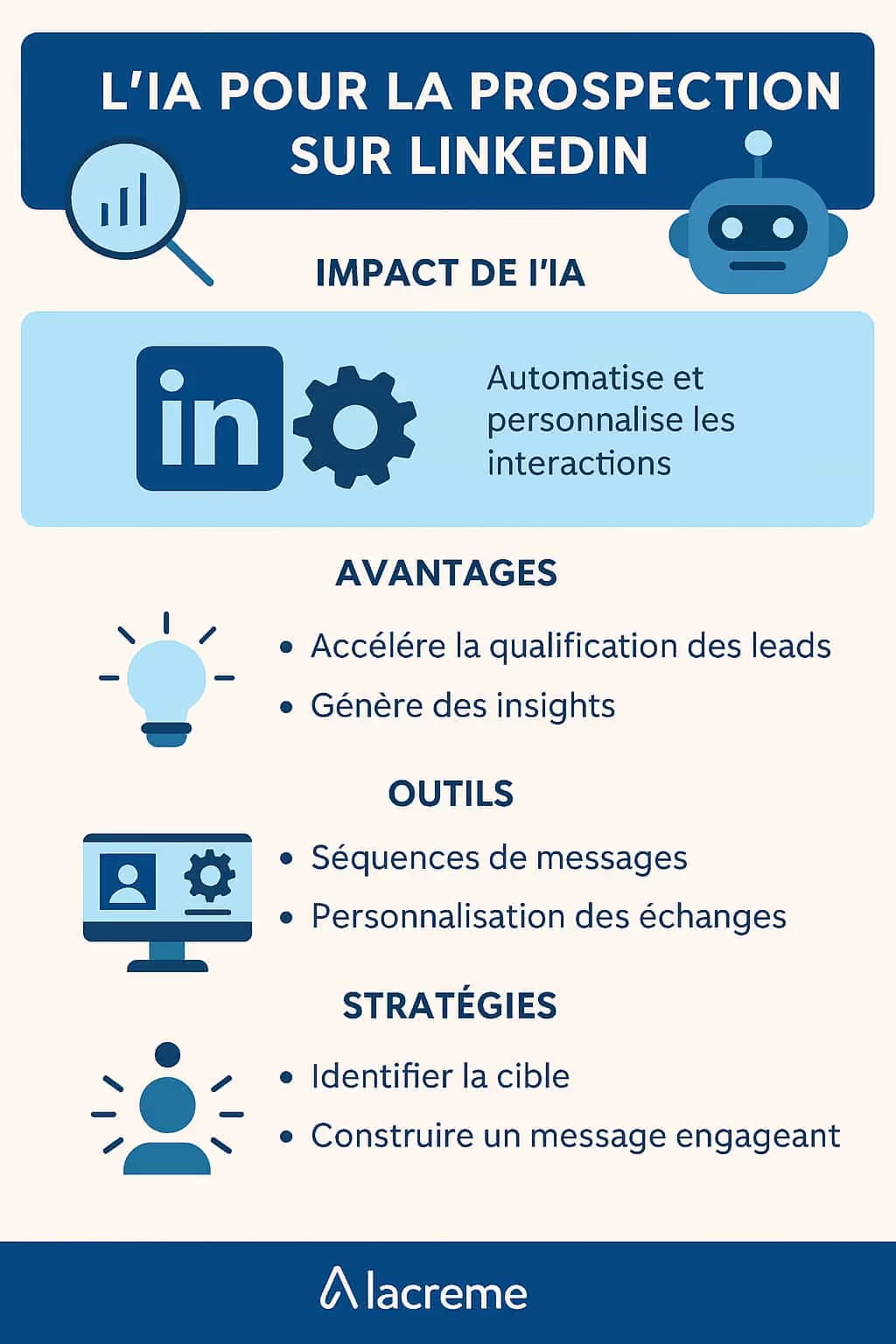La mass surveillance is a phenomenon that has aroused a lot of discussions, especially with the rise ofartificial intelligence (IA). The intersection between AI and mass surveillance raises ethical and technological questions that are transforming our relationships with privacy, security, and individual freedoms. This long and detailed article explores these issues from different perspectives, representing an in-depth resource for understanding this complex aspect of the digital age.
The emergence of Artificial Intelligence in mass surveillance
The development of AI technologies and their application in surveillance
In recent years, the rapid development of artificial intelligence technologies has made it possible to transfigure the field of surveillance. These advances offer states and businesses new tools to observe and analyze individual and collective behaviors on a massive scale. AI makes it possible to automatically process gigantic volumes of data (big data), making it possible to detect trends, identify behaviors and anticipate risks with unprecedented precision and speed.
The most used AI systems for monitoring populations
Some of the most common AI systems include facial recognition, natural language processing (NLP) algorithms, behavioral recognition systems, and smart camera networks. These systems are based on data collected via various sensors: public cameras, smartphones, credit cards, social networks, etc. The in-depth analysis of the data collected by these means aims to identify points of interest for security, urban space management or marketing.
The ethical implications of AI in corporate control
The issue of privacy in the face of smart surveillance tools
Privacy vulnerability is intensifying with AI surveillance capabilities. Individuals can be monitored constantly, their habits analyzed, their behavior anticipated, often without their full awareness or explicit agreement. This observation highlights the risk of erosion of private space, an area that was once impermeable to the State and corporations.
The debate over the legitimacy of mass surveillance
In the eyes of many privacy and human rights advocates, the scale of this surveillance raised by the advent of AI is deeply concerning. It questions the legitimacy and the boundaries of the intervention of public and private authorities in the lives of citizens. The line between collective security and invasion of privacy is becoming increasingly thin, triggering a critical public debate about the social contract in the digital age.
The limits of Artificial Intelligence in terms of surveillance
The potential errors and biases of AI algorithms
Despite their sophistication, AI algorithms are not immune to errors and biases. These biases can result from unrepresentative training data, biases built in by AI designers, or even misinterpretation of the data by algorithms. These imperfections can lead to unexpected discrimination, to misidentification and, as a result, to injustices towards certain groups or individuals.
The impact of automated surveillance on human rights
The unregulated use of AI in surveillance can potentially threaten fundamental human rights, such as freedom of expression, freedom of assembly, or the right to a fair trial. Automated decisions made based on monitored data can affect the future of individuals, their employment opportunities,insurance or access to essential services, without them having the opportunity to challenge or understand the underlying processes.
The regulation of the use of AI in public surveillance
Current legal frameworks and reform proposals
Faced with these challenges, some governments and international institutions are working to develop legal frameworks to regulate the use of AI in surveillance. The reform proposals aim to regulate the collection and use of personal data, to guarantee the transparency of algorithms and to preserve individual rights. Different laws and regulations, such as the General Data Protection Regulation (GDPR) in Europe, are already establishing guiding principles for these emerging technologies.
AI and compliance with international surveillance standards
A debate is crystallizing around the compliance of AI with international human rights and privacy standards. It is imperative that states and businesses ensure that surveillance AI applications align with these ethical standards to prevent abuse and promote a society where transparency, security and respect for privacy coexist.
Towards a responsible use of Artificial Intelligence
Initiatives for ethical and transparent AI
Recognizing the risks inherent in AI in mass surveillance, some actors are calling for a more ethical and responsible approach. These initiatives, led by business consortia, civil society organizations and researchers, aim to promote transparent AI that respects human rights. The principles of ethical AI include fairness, responsibility, vigilance, and respect for privacy.
The role of citizens and civil society in the face of mass surveillance
As key actors, citizens and civil society have a crucial role to play in influencing surveillance practices and in demanding the responsible use of AI. Awareness-raising, theupbringing to digital media and active political participation are essential to ensure that surveillance technologies serve the public good, without encroaching on individual freedoms. The democratic process itself must evolve to incorporate these new concerns and to hold those responsible accountable for their decisions. In conclusion, while AI is revolutionizing mass surveillance, it is also prompting global thinking about the trade-offs between security and privacy. The technological and ethical challenges that arise require continuous and informed dialogue, a solid regulatory framework, and a collaborative approach at all levels of society to seek a viable balance in a digitized and interconnected world.






